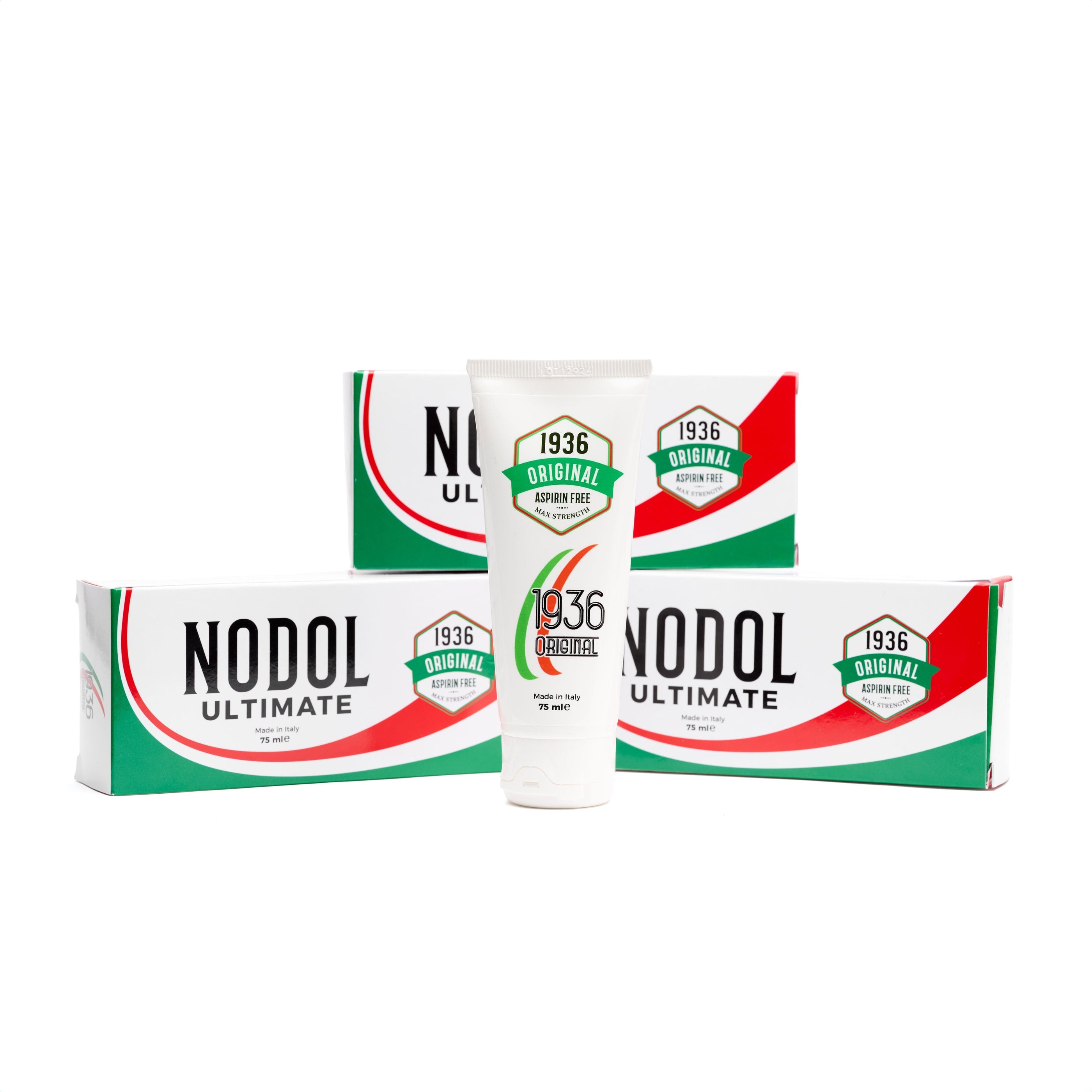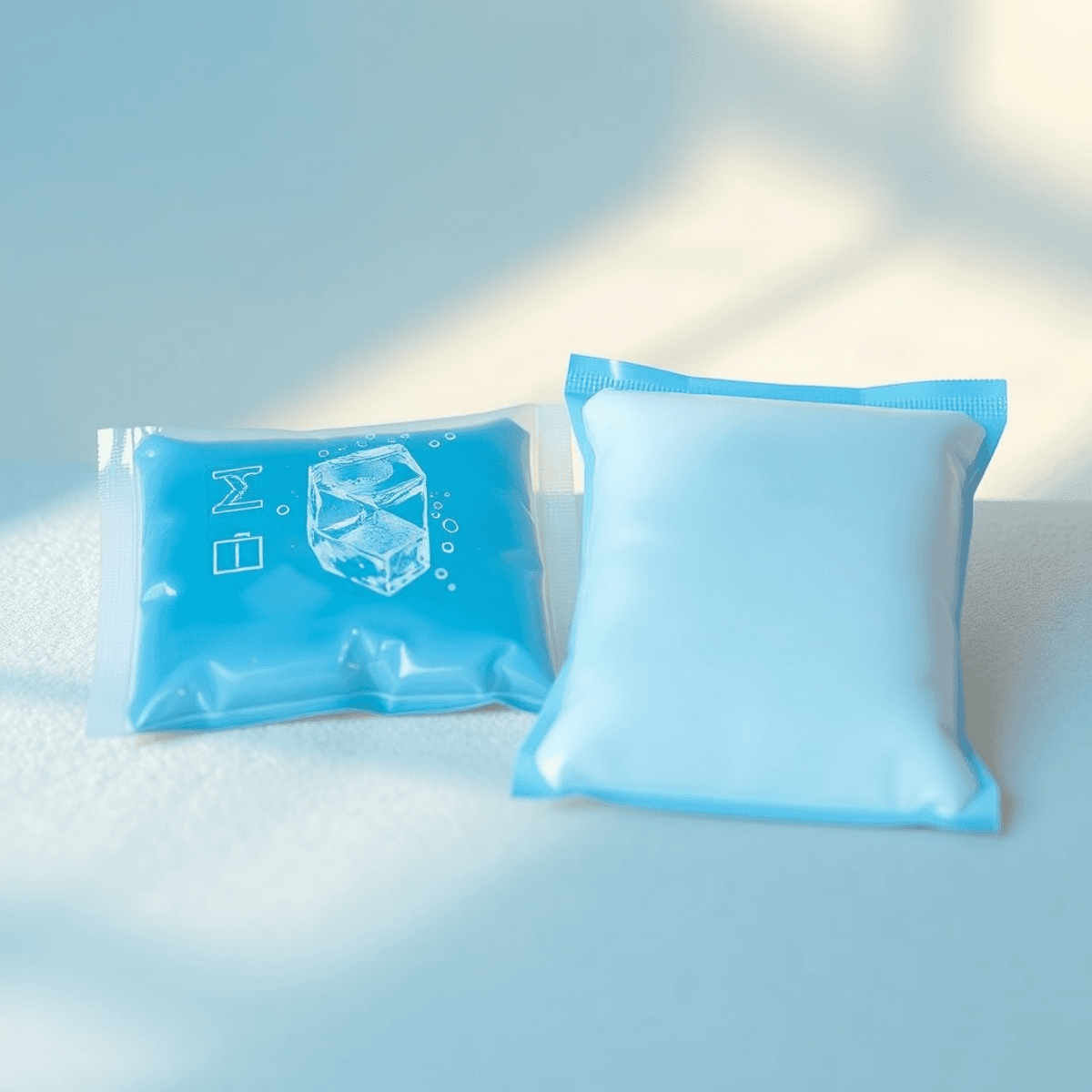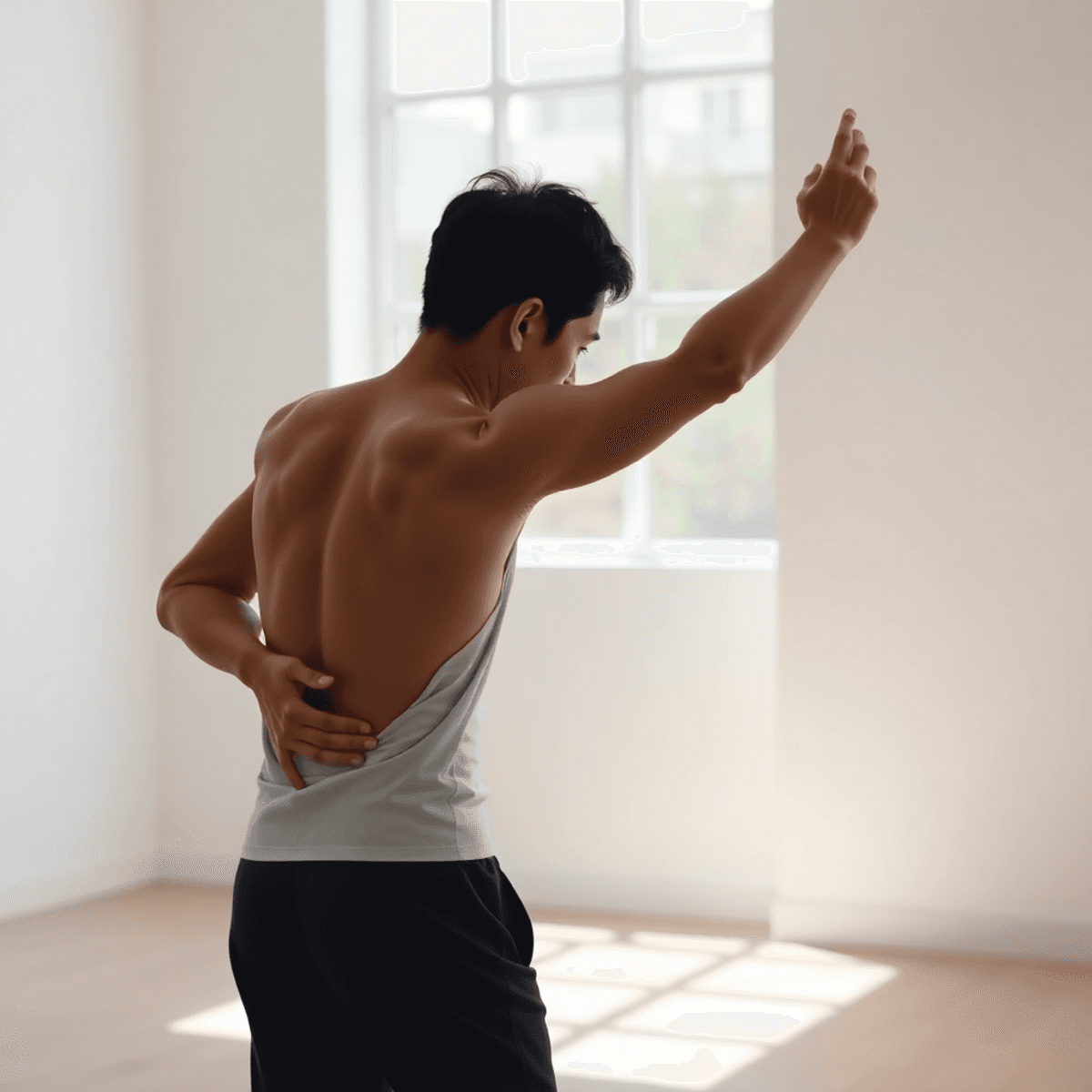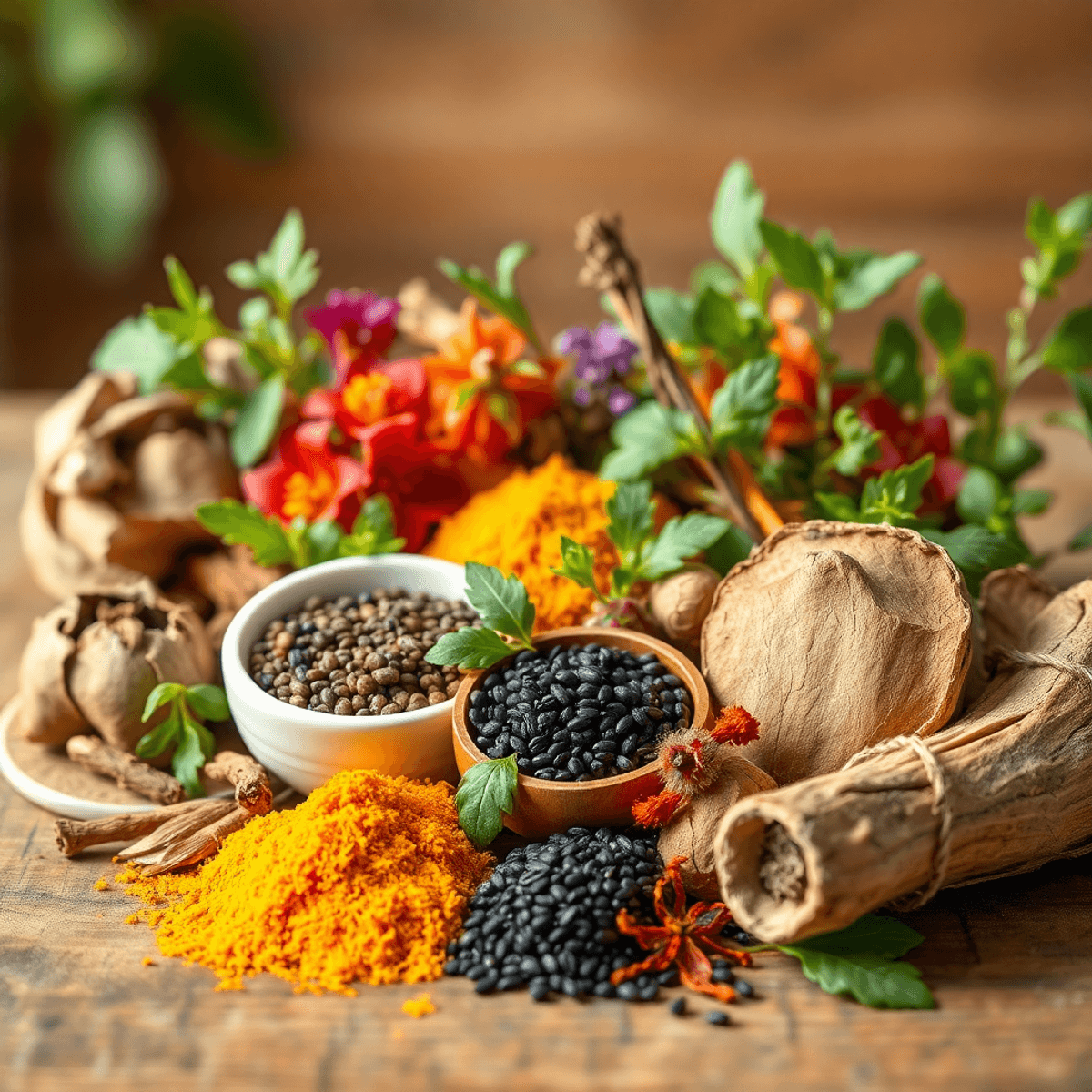How to Manage Post-Surgery Pain Naturally

Introduction
Managing pain effectively after surgery is crucial for ensuring a smooth and successful recovery. Pain can hinder mobility, delay healing, and negatively impact overall well-being. Traditional methods often include pharmaceuticals like opioids or NSAIDs, which, while effective, come with potential side effects and risks of dependency. Exploring natural pain relief after surgery offers a promising alternative, providing relief without the drawbacks associated with conventional medications.
Natural therapies encompass a variety of approaches:
- Alternative therapies such as acupuncture and TENS.
- Herbal remedies like turmeric and ginger.
- Mind-body techniques including yoga and meditation.
This article delves into these natural pain relievers after surgery, offering insights that could be especially beneficial for those seeking natural pain relief after back surgery, shoulder surgery, or knee replacement.
For instance, natural ingredients such as turmeric and ginger have been known to provide effective relief. Additionally, exploring natural health strategies can significantly contribute to your overall recovery process.
If you're specifically dealing with back pain post-surgery, consider incorporating some of the back pain relief products available from 1936 Original into your recovery plan. By understanding these options and utilizing the resources available at 1936 Original, you can make informed decisions about incorporating natural strategies into your post-surgery recovery plan.
Understanding Post-Surgery Pain
Post-surgery pain is something many people go through after an operation. It happens for a few reasons:
- Tissue damage: When doctors perform surgery, they make cuts and move things around inside the body. This can hurt the tissues, causing pain.
- Inflammation: In response to the tissue damage, the body naturally tries to heal itself by sending more blood and immune cells to the area. This process is called inflammation, but it can also make the pain worse.
The amount of pain someone feels after surgery and how long it lasts can be different depending on what kind of surgery they had. Here are some examples:
- Major surgeries like those done on the abdomen or bones may cause more severe and longer-lasting pain because they involve a larger area of tissue.
- Minimally invasive surgeries, which are usually less painful, can still cause significant discomfort based on individual factors and the specific location being treated.
It's important to understand these differences so that we can come up with effective ways to manage pain for each patient. By recognizing that surgical pain can vary from person to person, both healthcare providers and patients can find better ways to recover with the right treatments.
1. Transcutaneous Electrical Nerve Stimulation (TENS)
TENS therapy uses an electrical nerve stimulation device to relieve pain by sending low-voltage electrical currents through the skin. These currents interact with the nervous system, effectively blocking pain signals from reaching the brain and stimulating the production of endorphins, which are natural painkillers.
Many studies have shown that TENS is effective in managing pain after surgery. One significant study published in the "Journal of Pain Management" found that patients who used TENS had significant reductions in pain levels after surgeries like knee and abdominal operations. This non-invasive method not only helps reduce discomfort but also decreases the need for traditional pain medications, which can have side effects or lead to dependence.
Including TENS in postoperative care plans offers a promising, drug-free option for those looking to manage pain naturally.
2. Acupuncture
Acupuncture is an ancient practice that comes from Traditional Chinese Medicine. It involves inserting thin needles into specific points on the body to balance the flow of energy, known as "qi." This needle therapy is recognized for its ability to promote healing and provide natural pain relief after surgery.
How Acupuncture Works
Acupuncture works by:
- Stimulating the body's natural painkillers
- Enhancing blood flow to targeted areas
These mechanisms can help reduce inflammation and speed up recovery.
Research Supporting Acupuncture's Effectiveness
Several research studies support acupuncture's effectiveness as a complementary treatment for managing pain after surgery:
- A study published in the Journal of Pain found that patients who received acupuncture reported significant reductions in pain levels compared to those who did not receive this treatment.
- Another research piece, featured in the British Journal of Anaesthesia, showed that acupuncture could decrease the need for analgesics (pain medications) post-surgery, minimizing potential side effects associated with medication.
Benefits Beyond Pain Relief
Acupuncture offers benefits beyond just relieving pain; it also improves overall well-being by reducing anxiety and stress related to recovering from surgery. As a non-invasive technique, it provides a holistic approach to managing discomfort after surgery while naturally supporting the body's healing processes.
Incorporating Acupuncture into Your Recovery Plan
Including acupuncture as part of your recovery plan may offer an alternative solution to traditional methods of managing pain.
3. Continuous Passive Motion (CPM) Therapy
Continuous Passive Motion (CPM) therapy involves the use of a mechanical device that gently moves a joint through a predefined range of motion. This method is particularly beneficial for individuals recovering from orthopedic surgeries, such as knee replacements or ligament repairs.
CPM Therapy Benefits for Joint Mobility Post-Surgery:
- Enhanced Range of Motion: By continuously moving the joint, CPM helps in preventing stiffness and adhesions, promoting flexibility and mobility.
- Reduced Discomfort: The gentle movement provided by the CPM device can alleviate post-surgical pain by decreasing swelling and inflammation in the affected area.
- Accelerated Recovery: Regular use of CPM aids in the healing process by enhancing blood circulation to the surgical site, facilitating nutrient delivery and waste removal.
By incorporating CPM therapy into a postoperative care plan, patients can experience a smoother recovery journey with improved outcomes in joint mobility.
4. Psychological Techniques for Pain Relief
Psychological techniques offer powerful tools for managing post-surgery pain by leveraging the mind-body connection. Methods such as guided imagery techniques during medical procedures have shown promise in easing discomfort and enhancing recovery experiences. Guided imagery involves visualizing positive, calming images which can help divert focus away from pain. This technique encourages relaxation and can be practised with the guidance of a therapist or through self-led exercises.
Relaxation Exercises
Relaxation exercises are another effective approach. These may include:
- Deep breathing
- Progressive muscle relaxation
- Meditation practices
By inducing a state of calmness, these techniques aid in reducing stress-related pain and can enhance overall well-being during the recovery phase.
Mindfulness Meditation
Mindfulness meditation also plays a significant role in pain management post-surgery. By fostering awareness and acceptance of bodily sensations without judgment, mindfulness helps individuals achieve mental clarity and emotional stability, which can significantly lessen the perception of pain.
Exploring Herbal Remedies for Natural Pain Management After Surgery
5. Turmeric: The Golden Spice with Healing Properties
Turmeric, often referred to as the "golden spice," has gained popularity in recent years not only for its culinary uses but also for its potential health benefits. It plays a significant role in natural pain relief after surgery, largely due to its active compound, curcumin. This powerful antioxidant and anti-inflammatory agent can offer essential support during postoperative recovery.
Curcumin Properties and Benefits:
- Anti-Inflammatory Action: Curcumin helps in reducing inflammation, a common cause of post-surgical pain. By inhibiting certain molecules that trigger inflammation, it assists in decreasing swelling and discomfort.
- Antioxidant Effects: The antioxidant properties of curcumin combat oxidative stress, which can exacerbate pain and slow down recovery. By neutralizing free radicals, turmeric aids in faster healing.
- Pain Relief: Turmeric's analgesic properties provide an additional layer of comfort by directly interacting with the body's pain pathways. This can make it a valuable herbal remedy for postoperative pain management.
Scientific studies have highlighted turmeric's potential in improving outcomes for individuals undergoing surgery. For instance, some research has shown that patients who supplemented with curcumin experienced reduced levels of pain and inflammation compared to those who did not.
Incorporating turmeric into your diet post-surgery can be as simple as adding it to meals or preparing turmeric tea. However, for therapeutic purposes, curcumin supplements are often recommended, as they provide a concentrated dose that's more effective than dietary intake alone.
While exploring herbal remedies for postoperative recovery is promising, it's crucial to consult with healthcare professionals before integrating turmeric or any new supplement into your regimen. They can provide guidance tailored to your specific needs and ensure there are no contraindications with other medications you might be taking.
This exploration into herbal remedies continues beyond turmeric. Other natural options like ginger and capsaicin cream also offer unique benefits that can further enhance your recovery process.
6. Ginger: A Powerful Ally in Reducing Inflammation and Pain
Ginger stands out as an effective herbal remedy for postoperative recovery, renowned for its natural pain relief properties. This root has been traditionally used to combat inflammation and is particularly beneficial after surgery. Scientific research supports ginger's effectiveness as a natural anti-inflammatory agent, often comparing its impact favourably to that of common pain relievers like ibuprofen.
How Ginger Works
Ginger contains bioactive compounds such as gingerol, which are responsible for its anti-inflammatory and antioxidant effects. These compounds can help reduce swelling and pain without the side effects associated with conventional medications.
How to Use Ginger
Incorporating ginger into your diet or using it in supplemental form can aid in managing pain levels post-surgery. Here are some popular methods to harness its benefits:
- Drinking ginger tea
- Using ginger extracts
Ginger's ability to alleviate discomfort makes it a vital component of herbal remedies for postoperative recovery, offering a natural alternative to traditional pain management strategies.
7. Capsaicin Cream: Using Chili Peppers to Relieve Nerve Pain
Capsaicin cream, made from chilli peppers, offers a unique approach to natural pain relief after surgery. This herbal remedy is particularly effective in addressing nerve-related discomforts. By reducing the levels of substance P—a chemical involved in transmitting pain signals—capsaicin cream can significantly alleviate postoperative pain.
How to Use Capsaicin Cream
- Application: Apply directly to the affected area for localized relief.
- Benefits: Provides an alternative to traditional pain medications, minimizing side effects and dependency risks.
- Research Insight: Studies suggest its efficacy in managing conditions like neuropathic pain, making it a valuable tool in herbal remedies for postoperative recovery.
This treatment can be incorporated into your pain management plan after consulting with healthcare professionals.
8. Lavender Oil: Soothing Scent with Two Benefits During Recovery
Lavender oil, a popular choice among herbal remedies for postoperative recovery, offers two benefits that go beyond natural pain relief after surgery. Known for its calming scent, lavender oil is often used to reduce anxiety, which can be especially helpful during medical procedures.
Benefits of Lavender Oil During Recovery
- Anxiety Reduction: Studies have shown that inhaling lavender oil can significantly decrease anxiety levels, promoting a calmer state of mind.
- Pain Management: Its application on the skin can reduce discomfort levels, making it an effective complementary therapy during the healing process.
Adding lavender oil to your recovery routine may improve both physical and emotional well-being.
9. Yoga and Mindfulness Meditation: Nurturing Both Body and Mind Through Movement and Awareness Practices
Engaging in yoga and mindfulness meditation can offer significant benefits for individuals recovering from surgery. These practices are known for their ability to promote physical healing while simultaneously fostering mental clarity and emotional balance.
Benefits of Yoga After Surgical Procedures
Yoga incorporates gentle movements, breathing exercises, and meditation that can help enhance flexibility, strength, and circulation. For postoperative patients, yoga can:
- Facilitate recovery by improving blood flow and oxygenation to tissues.
- Enhance mobility and reduce stiffness, particularly beneficial after orthopedic surgeries.
- Alleviate stress and anxiety, which can often accompany the recovery process.
Benefits of Mindfulness Meditation
This practice involves focusing on the present moment without judgment. It has been shown to:
- Lower levels of perceived pain by shifting attention away from discomfort.
- Reduce stress hormones in the body, thereby decreasing inflammation.
- Improve sleep quality, which is crucial for effective recovery.
Incorporating these practices into your postoperative care routine may provide a holistic approach to healing. Unlike traditional pain medications that primarily address physical symptoms, yoga and mindfulness engage both the mind and body, offering a comprehensive pathway to wellness.
Regular practice can be integrated gradually as your body's condition allows. Starting with simple poses or short meditation sessions ensures that you respect your current physical limitations while progressively building strength and resilience.
It's essential to consult with healthcare providers before starting yoga or mindfulness meditation post-surgery to tailor the practice according to individual needs and surgical specifics. Proper guidance ensures safety and maximizes the therapeutic potential of these natural methods for managing pain after surgery.
Safety Considerations When Using Natural Remedies After Surgery
Using natural remedies after surgery can be beneficial, but it's important to prioritize safety. Here are some key considerations to keep in mind:
1. Consult Healthcare Professionals
Before adding any alternative treatment to your recovery plan, it's crucial to consult healthcare professionals. They can provide guidance tailored to your specific health needs and surgical history.
2. Be Aware of Potential Interactions
Herbal remedies might interact with prescribed medications, affecting their efficacy or causing adverse effects. For example, turmeric, known for its blood-thinning properties, may not be suitable if you are on anticoagulants.
3. Watch Out for Allergic Reactions
Natural does not always mean safe for everyone. Essential oils like lavender or topical treatments such as capsaicin cream can trigger allergic reactions in sensitive individuals.
4. Use Appropriate Dosages
Overuse of herbal supplements could lead to unintended side effects. Healthcare providers can recommend appropriate dosages to ensure effectiveness without compromising safety.
5. Consider Underlying Health Conditions
Conditions such as liver or kidney disease may be worsened by certain herbal supplements. It's crucial to discuss these with your doctor before starting any new remedy.
By following these safety considerations and emphasizing a personalized approach to pain management, you can ensure that natural remedies complement traditional treatments safely and effectively during your recovery journey. Always prioritize communication with healthcare providers to navigate the complexities of integrating these methods into your postoperative care plan.
Conclusion
Embracing a holistic approach to recovery from surgeries can significantly enhance your healing journey. By integrating natural pain relief after surgery into your routine, you open the door to managing discomfort with fewer side effects and potential long-term benefits.
Here are some natural methods you can explore for post-surgical recovery:
- Alternative therapies: Consider trying TENS (transcutaneous electrical nerve stimulation) or acupuncture for pain relief.
- Herbal remedies: Incorporate turmeric, ginger, and capsaicin cream into your diet or apply them topically to reduce inflammation and soothe nerve pain.
- Mind-body practices: Engage in yoga and mindfulness meditation to nurture both your body and mind, creating a comprehensive recovery experience.
These natural methods can be valuable tools for anyone seeking a balanced approach to recovering after surgery.
FAQs (Frequently Asked Questions)
What are some natural methods to manage post-surgery pain?
Natural methods for managing post-surgery pain include Transcutaneous Electrical Nerve Stimulation (TENS), acupuncture, Continuous Passive Motion (CPM) therapy, psychological techniques, relaxation exercises, mindfulness meditation, and herbal remedies such as turmeric, ginger, capsaicin cream, and lavender oil.
How does acupuncture help in pain management after surgery?
Acupuncture works by stimulating the body's natural painkillers and promoting healing through the insertion of fine needles into specific points on the body. Research has shown its effectiveness in reducing pain and offering additional benefits such as anxiety reduction.
What role does turmeric play in post-surgery recovery?
Turmeric contains curcumin, which has anti-inflammatory properties that can help reduce inflammation and pain after surgery. It can be incorporated into your diet or taken as a supplement to support recovery.
Can psychological techniques aid in alleviating post-surgery pain?
Yes, psychological techniques such as relaxation exercises and mindfulness meditation can significantly contribute to pain relief by helping patients manage stress and focus on the present moment, thereby reducing the perception of pain.
What precautions should I take when using natural remedies after surgery?
It's important to consult healthcare professionals before adding any alternative treatments to your recovery plan. Be aware of potential interactions with prescribed medications, watch for allergic reactions, use appropriate dosages, and consider any underlying health conditions that may affect safety.
How can yoga benefit my recovery after surgery?
Yoga incorporates gentle movements and breathing exercises that promote physical healing and relaxation. It helps improve flexibility and strength while also encouraging mindfulness, which can enhance overall well-being during recovery.












